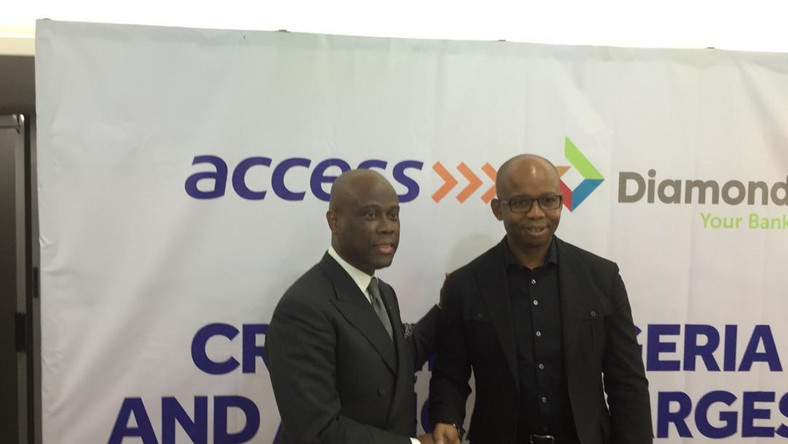The National Bureau of Statistics (NBS), says the Consumer Price Index which measured inflation increased to 11.44 per cent (year-on-year) in December 2018 from 11.28 per cent recorded in November 2018.
The NBS disclosed this in its “CPI and Inflation Report’’ for December released in Abuja on Wednesday on its website.
The bureau said the figure was 0.16 per cent points higher than the rate recorded in November in the period under review.
It said the increases were recorded in all Classification of Individual Consumption by Purpose divisions that yielded the Headline index.
On a month-on-month basis, it said the headline index increased by 0.74 per cent in the period under review by 0.06 per cent points from the rate recorded in Nov. 2018 (0.80 per cent).
NBS also revealed that the percentage change in the average composite CPI for the 12 months period ended December over the average of CPI for the previous 12 months period, saying it measured the CPI at 12.10 per cent in the period under review, indicating a 0.31 per cent decline from 12.41 per cent recorded in November 2018.
The urban inflation rate increased to 11.73 per cent (year-on-year) in Dec. 2018 from 11.61 per cent recorded in November of the same year and the rural inflation rate also increased to 11.18 per cent in December 2018 from 10.99 per cent in November 2018.
On a month-on-month basis, NBS said the urban index rose by 0.76 per cent in the period under review, showing a decline of 0.07 per cent from 0.83 per cent recorded in November 2018.
Similarly, it said the rural index also rose by 0.72 per cent in December 2018, indicating a decrease of 0.06 per cent from the rate of 0.78 per cent recorded in November 2018.
With minimum wage still hanging in the air, Cordros Forecast Group expect the dual impact of slight uptick in core inflation and faster deceleration in food basket to midwife a reversal in the headline inflation trend in January.
The group said “For us, on account of a steeper decline in demand for farm produce following the end of festive season, we expect m/m food inflation to moderate slightly by 2bps to 0.79%. However, whilst we expect FX to remain largely range-bound, together with tame energy prices, we see scope for mild uptick in the m/m core inflation (+15bps to 0.65% m/m) as election related spending intensifies. Overall, we look for January m/m headline inflation of 0.73%, translating to y/y figure of 11.37%”.
“Further out, we reiterate the (1) implementation of the new minimum wage, (2), currency devaluation, as well as (3) PMS and electricity price hikes, as notable upside risks to inflation in 2019, with year-end forecast of 13.55% y/y.
“That said, the CBN’s action in December 2018, and by extension in January, somewhat reinforced price and currency stability as the principal policy concern for the apex bank as the election period drew closer. Therefore, the still lofty maturity profile in the first half of 2019 (H1 2019: NGN4.35 trillion vs. H1 18: NGN6.49 trillion), together with election related spending, suggest system liquidity is set to remain largely elevated looking ahead. Hence, we expect the CBN to remain hostile to the growing liquidity in a bid to arrest potential speculative attacks on the naira.









